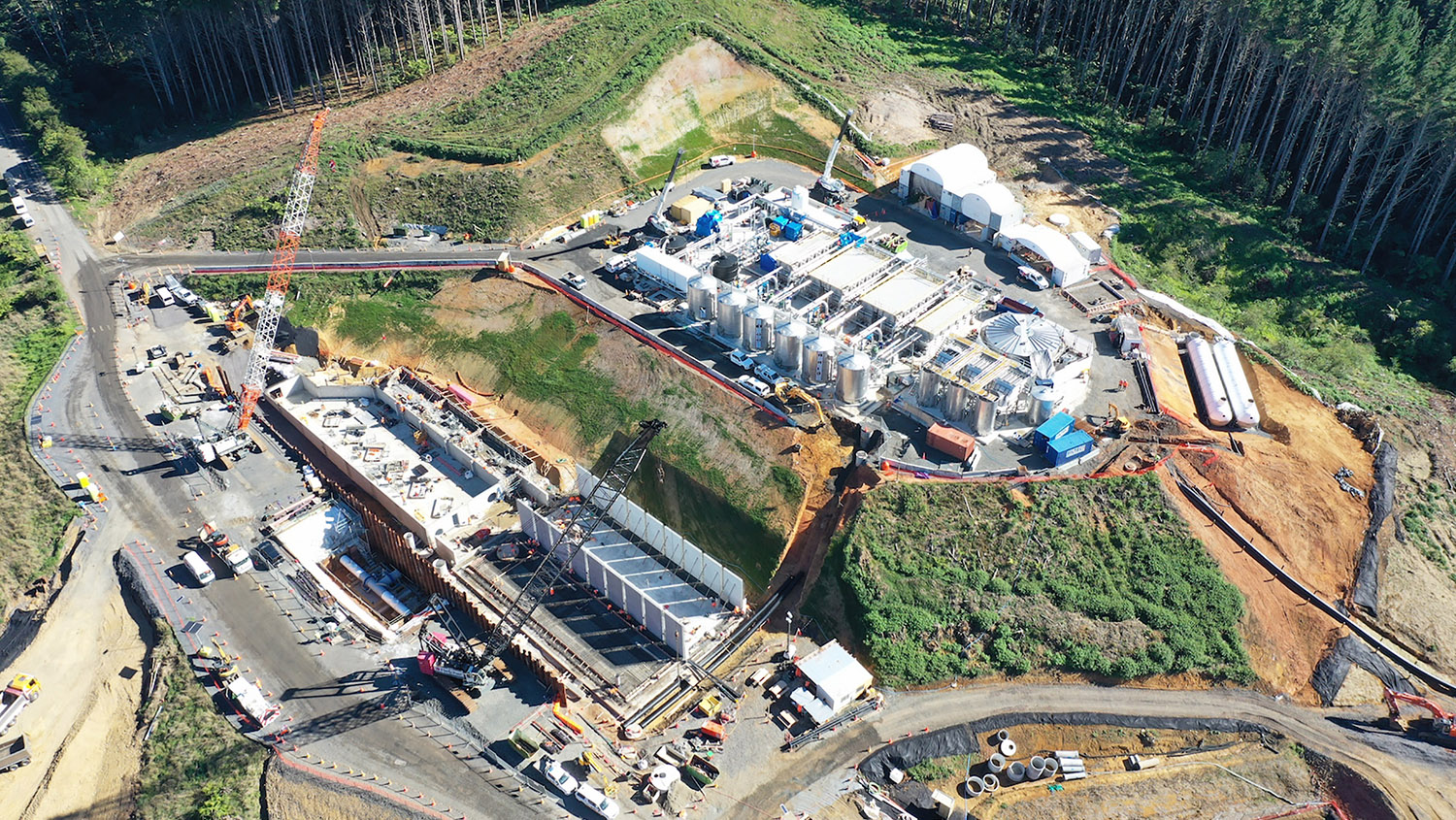A selection of readers’ comments about news and issues in the industry from across the CIOB community and social media.

The digital transformation of Auckland’s water works
Farzam Farzadi and Steve Webster of Watercare Services explained the digital journey of New Zealand’s largest company in the water and wastewater industry.
The Waikato Water Treatment Plant and Helensville Wastewater Treatment Plant in this article have both been constructed by Brian Perry Civil as part of the Watercare Enterprise Model in New Zealand.
Both of these projects have seen a progressive step-change in how critical water infrastructure assets are delivered where open collaboration between client, designer and constructor is actively encouraged – leading to a legacy of digital lessons learned and refinement of digital processes that enable “the consistent implementation of practical solutions”.
Digital tools are not the silver bullet – but they can be the enabler of greater value when true collaboration is encouraged. Congratulations to Farzam, Steve and the Brian Perry Civil team for their hard work on these critical projects.
Brendan Attewell FEngNZ CPEng MICE CEng
Why construction courses need a revamp
Hamza Momade MCIOB, professor of construction management at Ontario’s Durham College and construction manager at Roni Group, argued that the industry has a role to play in supporting innovation in academic courses.
I too transitioned from industry to academia; it took me a long time to work out how to do it, and I am sure I am not alone in thinking this, but it is possible to make a course engaging and participative while also being grounded in construction theory.
The most effective way of working with the ‘infiltration of ChatGPT’ is to engage the students in critical thinking; in fact, it’s the only way. It requires a lot of perseverance and energy (not everyone wants to ‘think’ in the classroom), but the majority of students appreciate a discursive and challenging approach. Good luck, Hamza.
Dr Adrian Robinson
Skills crisis: why collaboration is critical in challenging times
The collaborative efforts highlighted in this article, particularly the success of initiatives like the Work Ready Programme, underscore the importance of proactive measures in addressing skill shortages and nurturing a sustainable talent pool for the future.
While the accomplishments of pilot programmes, such as the one at Pembrokeshire College, are indeed noteworthy, it’s imperative to broaden our scope and reach across all regions of the UK. While rural areas have shown promise, focusing solely on them may inadvertently neglect the larger communities and urban centres where skill shortages are equally pressing.
By expanding these collaborative initiatives to encompass a nationwide approach, we can ensure equitable access to opportunities and skill development resources for individuals across diverse regions.
Additionally, fostering partnerships with employers, training providers, government agencies and local communities will be instrumental in scaling up these programmes effectively.
Ultimately, a unified and concerted effort is needed to address the challenges posed by the skills crisis, and leadership in championing collaborative solutions is pivotal in shaping a brighter future.
Tamlyn Lingham FCIOB
Share your views on the latest industry issues by posting comments online at
www.constructionmanagement.co.uk or by emailing the editor at [email protected]











